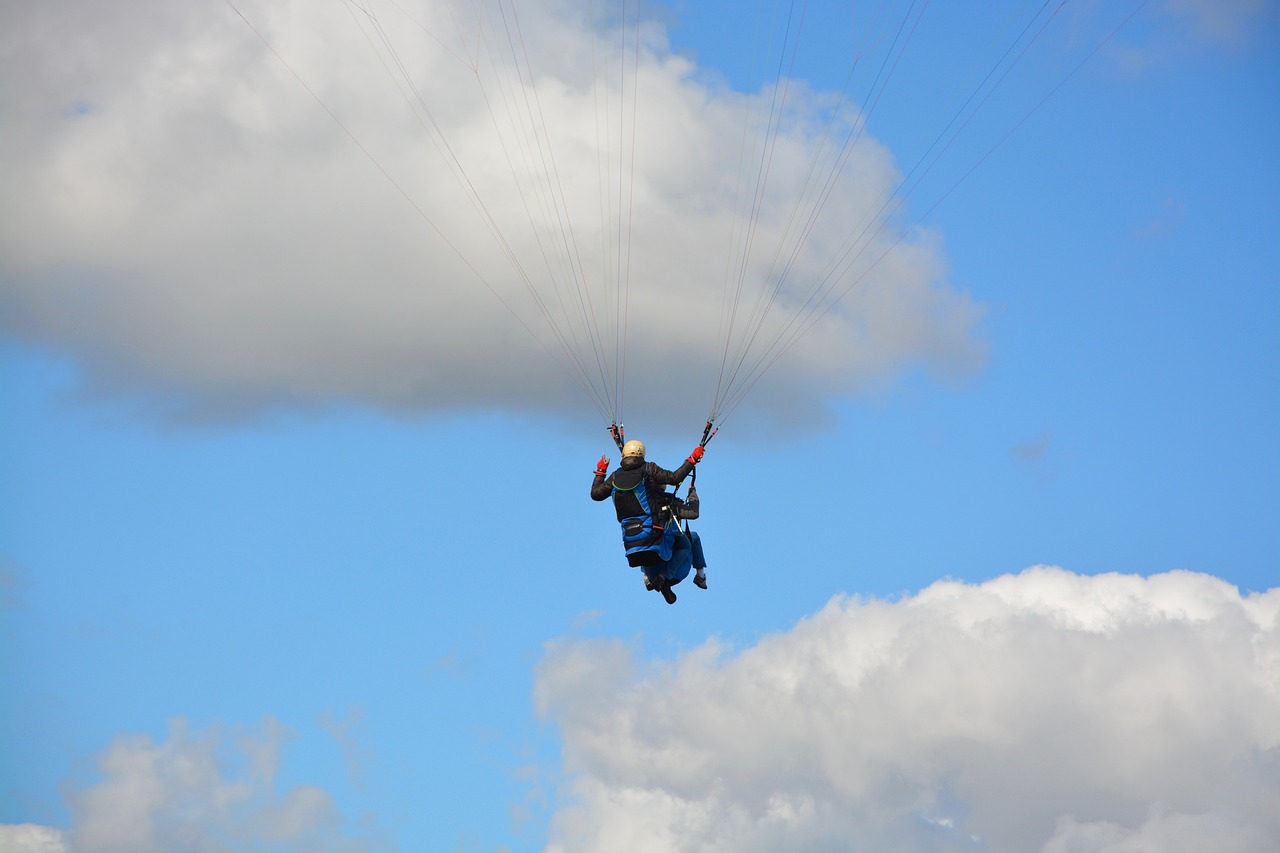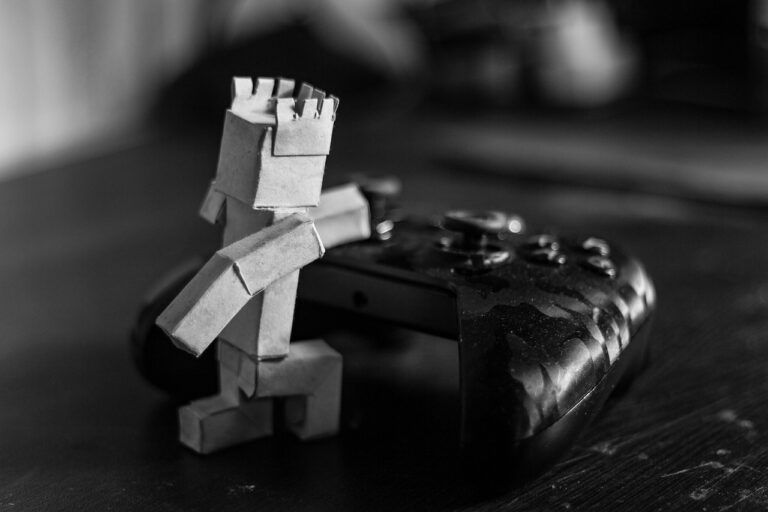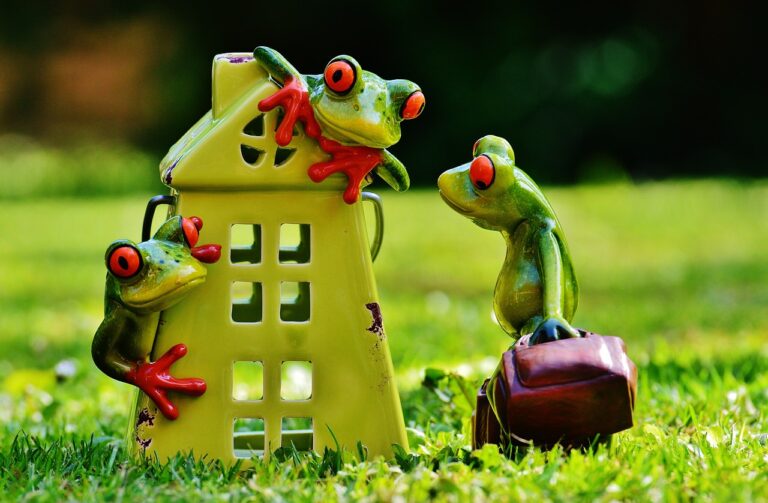The Psychology of Horror: Why Do We Enjoy Being Scared?
Fear is a fundamental emotion that has been deeply ingrained in the human experience since our earliest days as a species. From an evolutionary perspective, fear served a critical purpose in alerting our ancestors to potential dangers and threats in their environment. This fight-or-flight response triggered by fear allowed them to react quickly and increase their chances of survival in the face of predators or other dangers.
Over time, this innate fear response has been passed down through generations, becoming a vital mechanism for human survival. Even in modern times, fear continues to play a significant role in helping us navigate the complexities and uncertainties of the world around us. By understanding the evolutionary roots of fear, we can gain insights into why certain situations or stimuli trigger strong emotional responses within us, ultimately shaping our behaviors and decision-making processes.
The Role of Adrenaline in Enjoying Horror
Horror movies have a unique way of eliciting intense emotions from viewers. The adrenaline rush experienced during a scary scene can be both exhilarating and terrifying. It is this surge of adrenaline that draws many people to enjoy horror films, as it provides a thrilling and immersive experience like no other.
When faced with a frightening situation, the body releases adrenaline as a way to prepare for fight or flight. This physiological response heightens our senses, increases heart rate, and boosts energy levels. In the context of horror movies, this surge of adrenaline can create a sense of excitement and arousal, intensifying the overall viewing experience for many individuals.
The Appeal of the Unknown and Unpredictable
When faced with the unknown and unpredictable, our brains are often intrigued and captivated by the mystery that lies ahead. The element of surprise triggers our natural curiosity and engages our senses, creating a sense of excitement and anticipation. This attraction to the unfamiliar stems from our evolutionary past, where being alert and vigilant to potential threats was crucial for survival.
Moreover, the unpredictability of a situation can lead to a rush of adrenaline and a heightened state of arousal. This physiological response can be stimulating and exhilarating, as our bodies prepare for fight or flight in the face of uncertainty. The thrill of not knowing what will happen next can be both terrifying and thrilling, leading to a complex mix of emotions that keep us engaged and on the edge of our seats.
• The element of surprise triggers our natural curiosity and engages our senses
• Being alert and vigilant to potential threats was crucial for survival in our evolutionary past
• The unpredictability of a situation can lead to a rush of adrenaline and heightened arousal
• Our bodies prepare for fight or flight in the face of uncertainty
• Not knowing what will happen next can be terrifying yet thrilling
Why do humans find the unknown and unpredictable so appealing?
Humans have evolved to be curious and seek out new information and experiences, as it was advantageous for survival in our ancestors.
How does fear play a role in enjoying the unknown and unpredictable?
Fear can heighten our senses and make us feel more alive, leading to a thrill-seeking behavior when faced with the unknown and unpredictable.
What is the evolutionary perspective on fear?
Fear is an adaptive response that has helped humans and other animals survive and avoid danger throughout evolution.
How does adrenaline contribute to the enjoyment of horror experiences?
Adrenaline is released in response to fear-inducing stimuli, creating a rush of excitement and pleasure for some individuals when faced with the unknown and unpredictable.
Is it common for people to seek out experiences that are unknown and unpredictable?
Yes, many people enjoy activities such as watching horror movies, exploring new places, and trying new foods that involve an element of the unknown and unpredictable.







